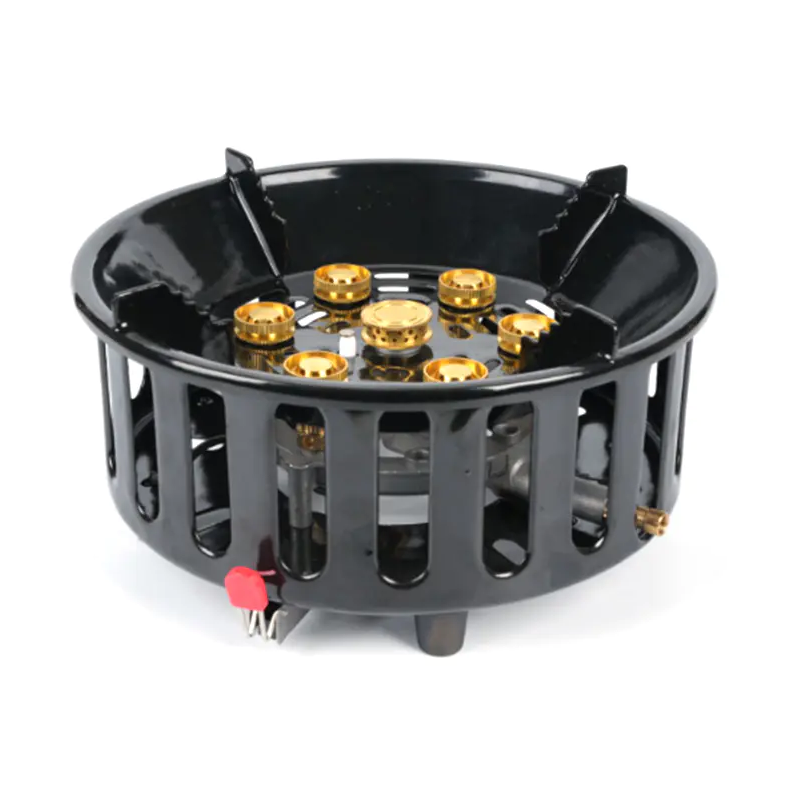Portable Stove Versus Campfire Cooking

The debate between portable gas stoves and traditional campfires continues among outdoor enthusiasts, with each method offering distinct advantages for different camping scenarios. Understanding these differences helps campers choose the most suitable cooking method for their specific needs and environmental conditions.
Weather independence stands as the portable gas stove's greatest advantage. Rain, wind, or fire restrictions won't prevent cooking with a reliable gas stove. This consistency proves invaluable during unpredictable weather conditions or in areas with burning restrictions. Campfire cooking becomes impossible during many situations where gas stoves perform flawlessly.
Convenience factors heavily favor portable gas stoves for many campers. Quick setup, immediate heat availability, and precise temperature control simplify outdoor cooking significantly. No gathering firewood, building fires, or waiting for coals to develop properly. This efficiency allows more time for hiking, fishing, or simply relaxing at camp.
However, campfire cooking provides unique experiences that gas stoves cannot replicate. The smoky flavor imparted by wood fires enhances many foods in ways impossible with gas cooking. Campfires also create social gathering spaces where stories are shared and memories are made, adding cultural value beyond mere food preparation.
Environmental considerations increasingly influence cooking method choices. Portable gas stoves leave minimal impact when used properly, while campfires can damage vegetation and leave lasting scars on landscapes. Many outdoor areas now restrict fires entirely, making gas stoves the only viable cooking option for responsible campers.
- AI
- Vitamins
- Health
- Admin/office jobs
- News
- Art
- Causes
- Crafts
- Dance
- Drinks
- Film
- Fitness
- Food
- Giochi
- Gardening
- Health
- Home
- Literature
- Music
- Networking
- Altre informazioni
- Party
- Religion
- Shopping
- Sports
- Theater
- Wellness


